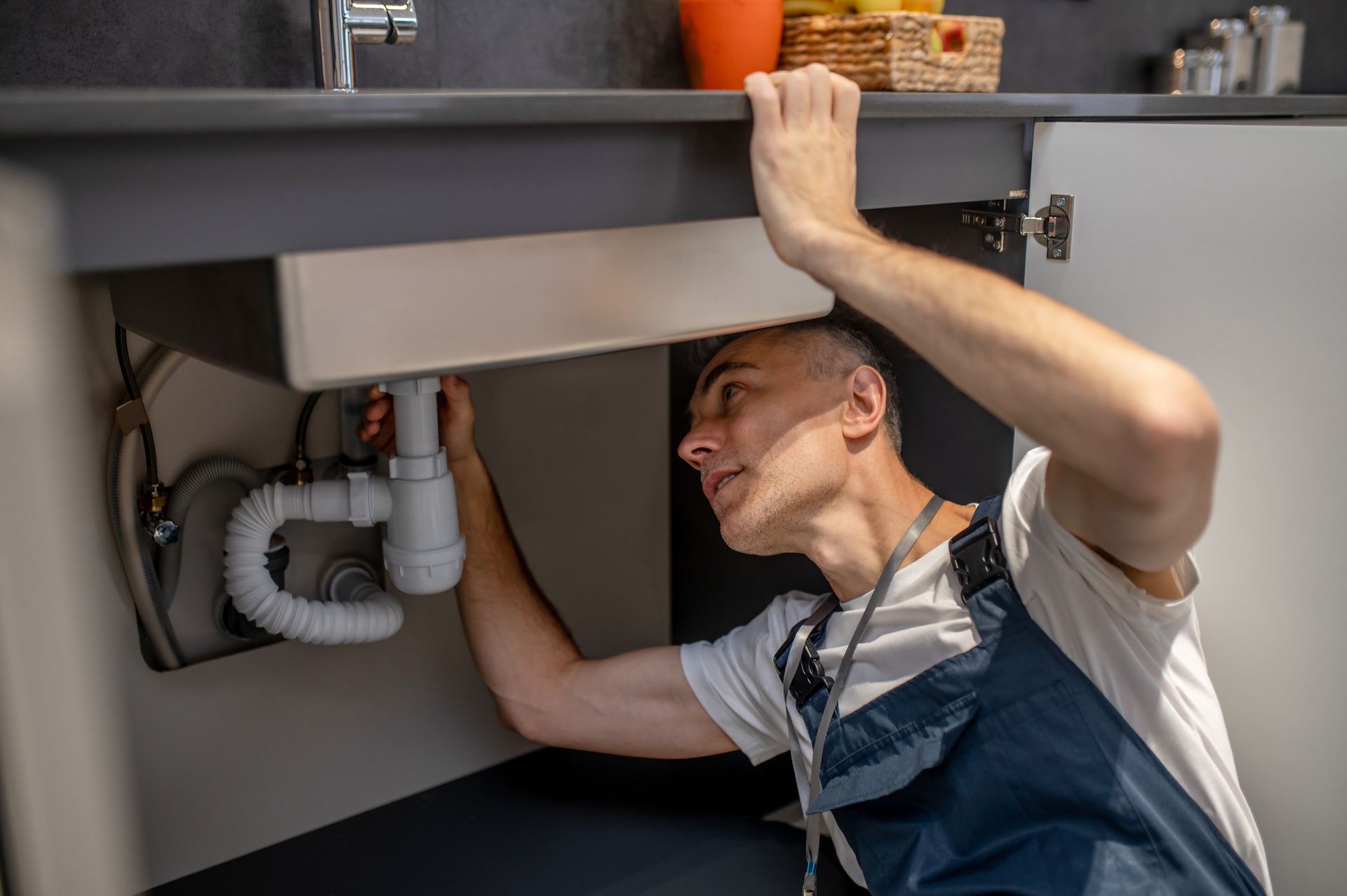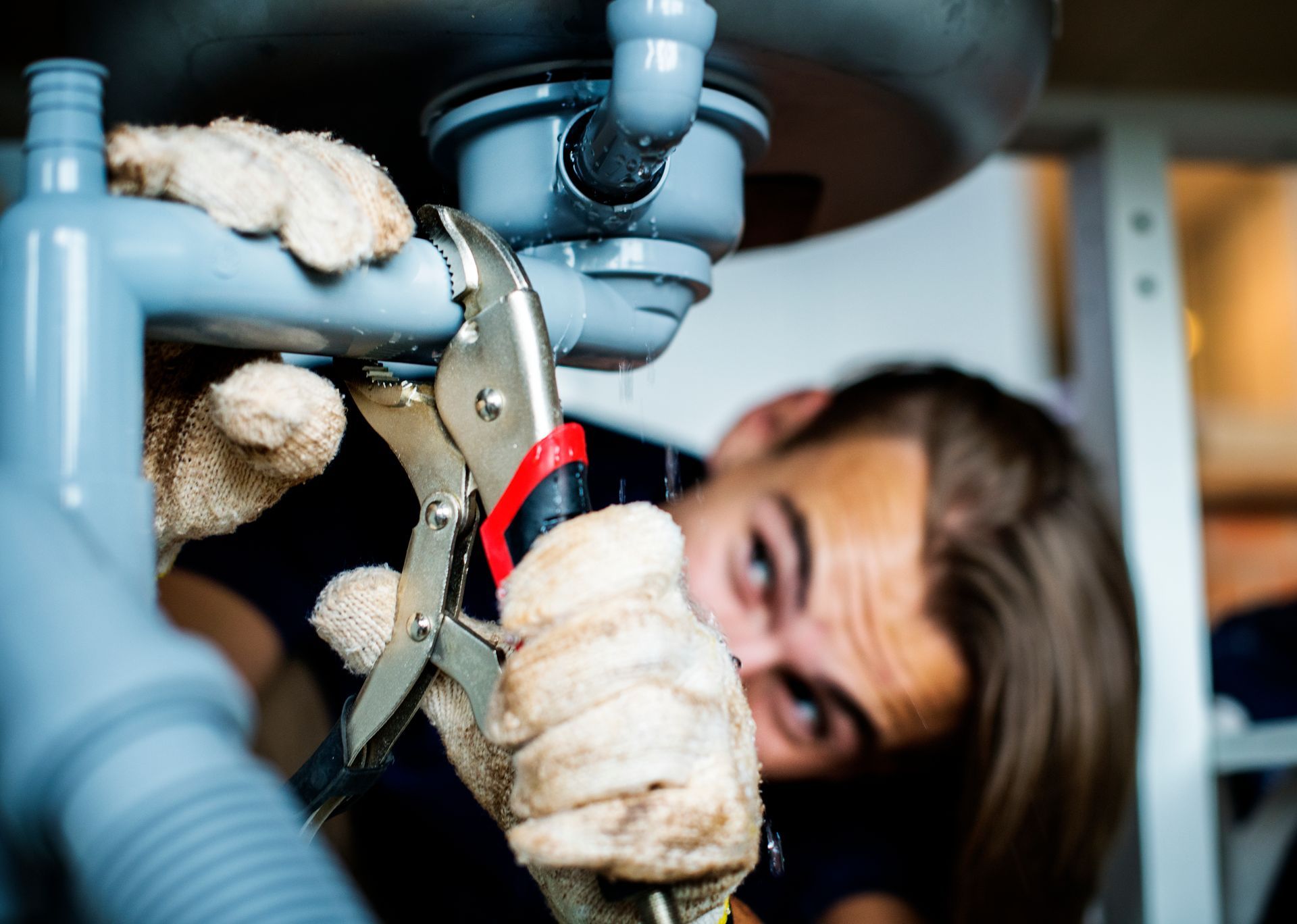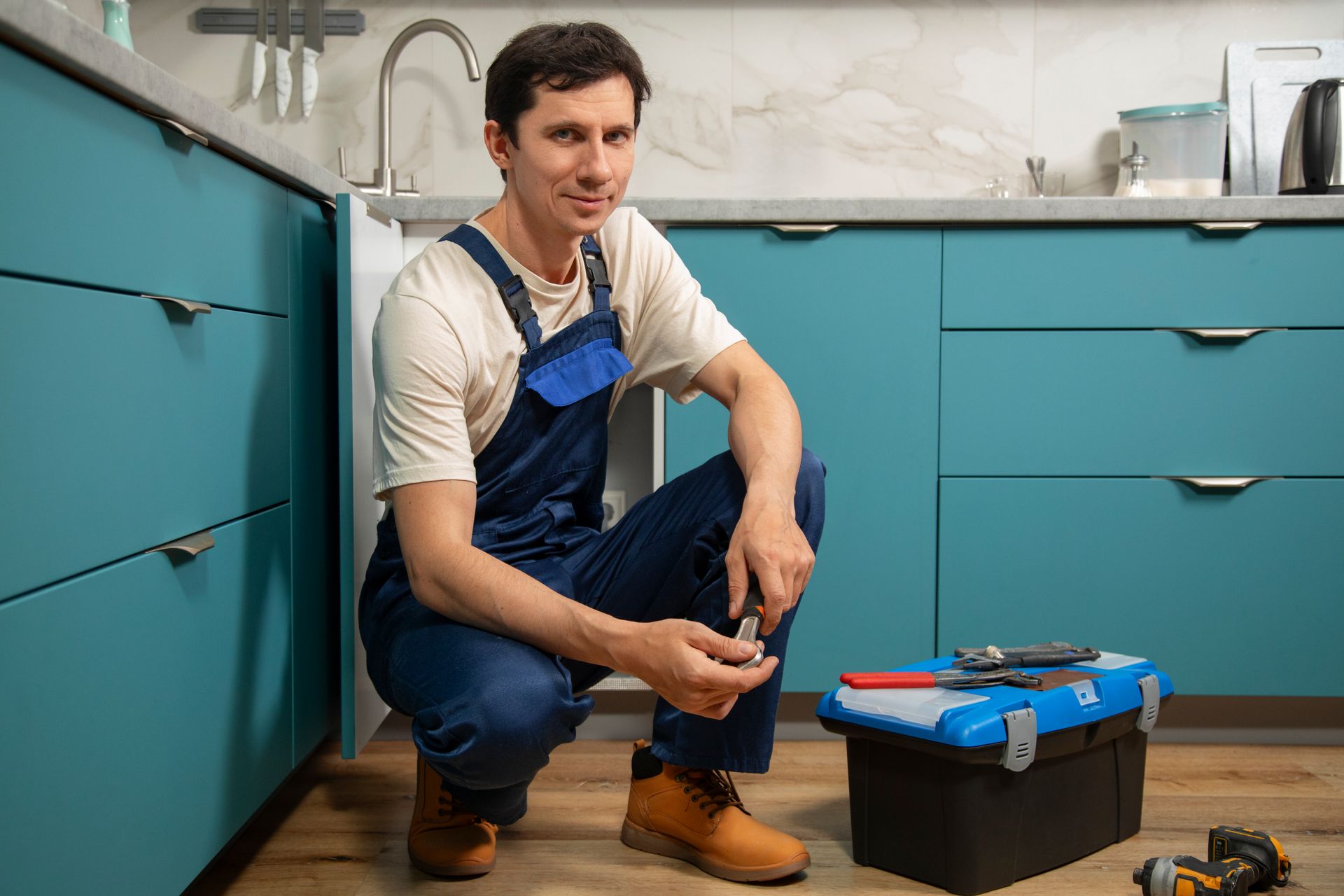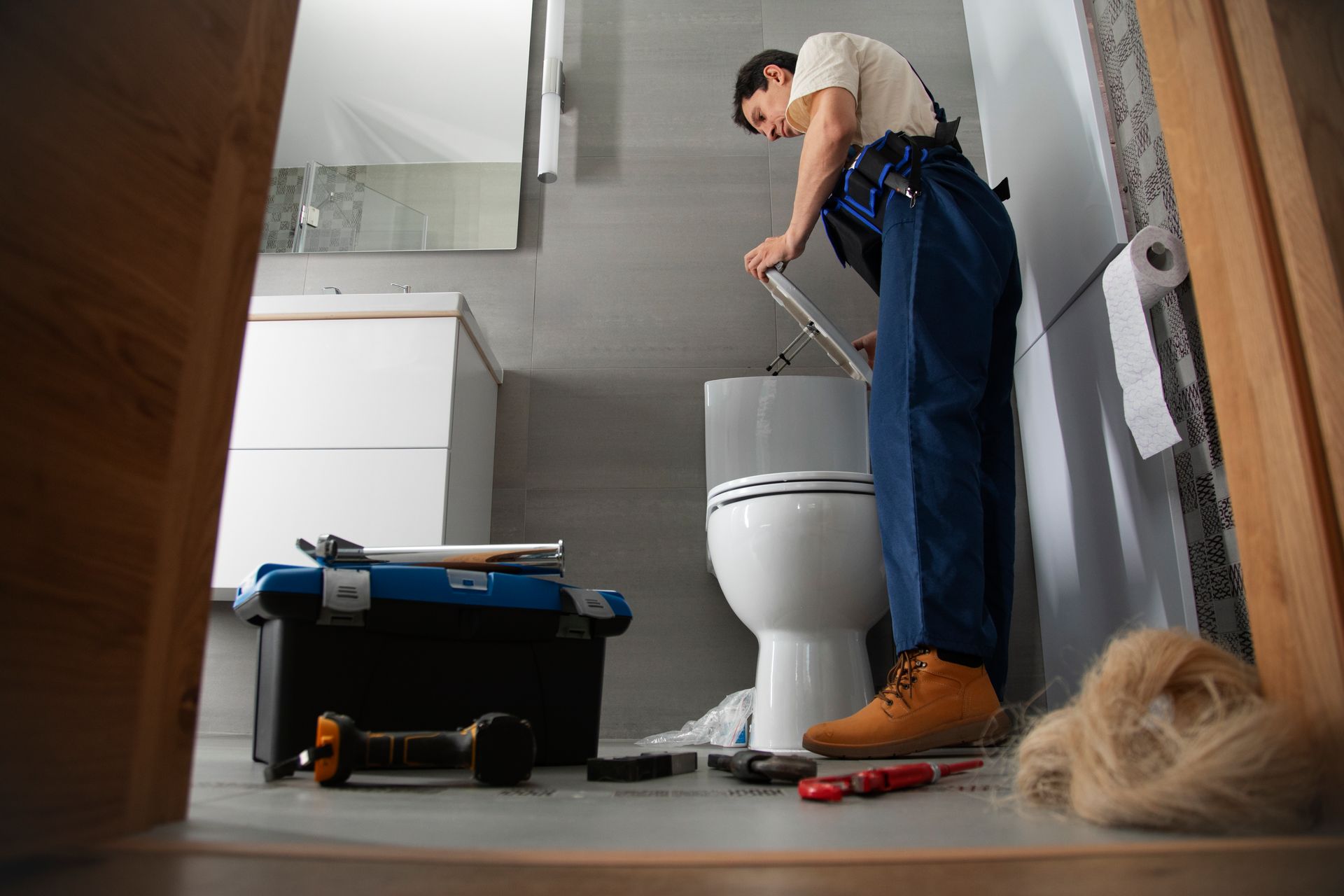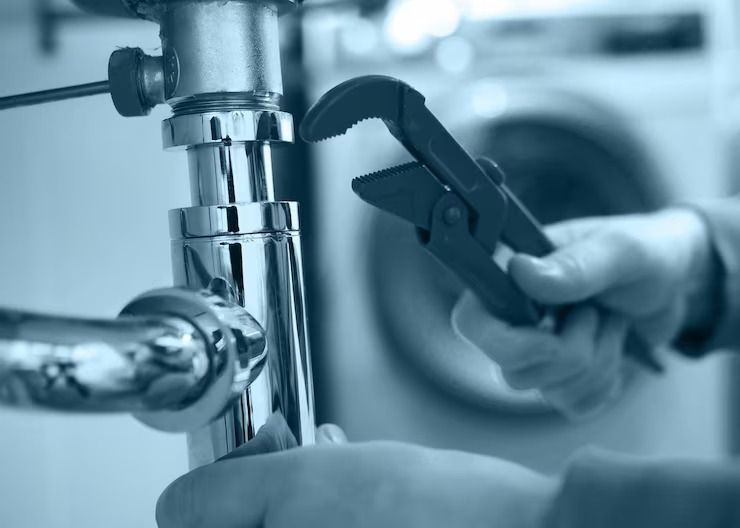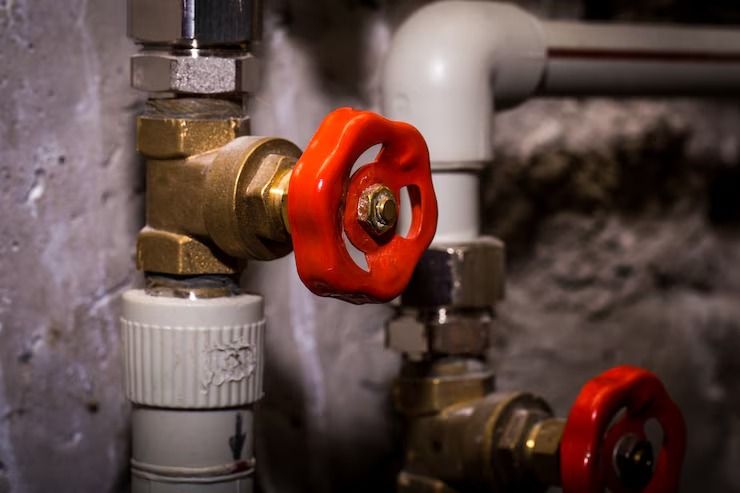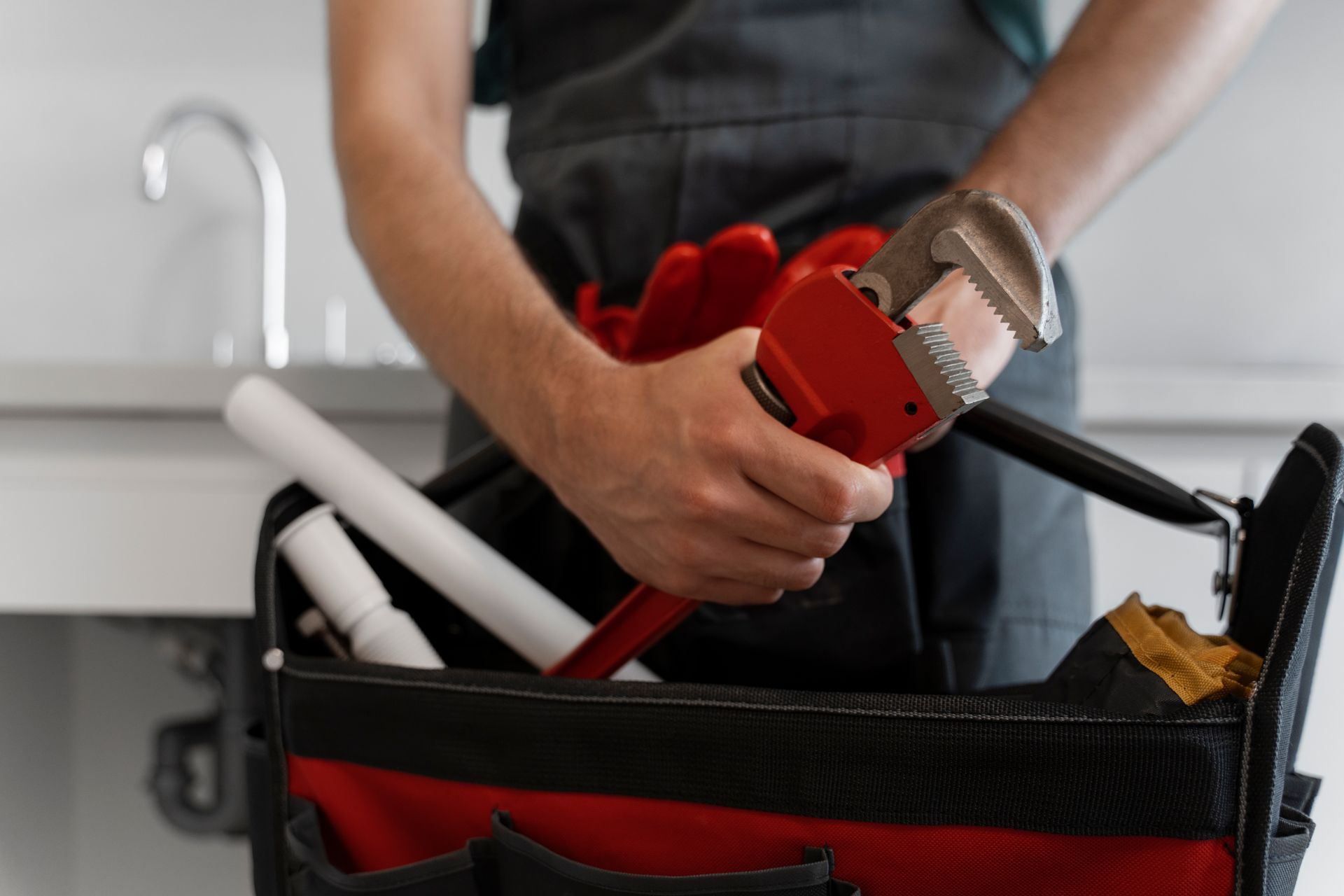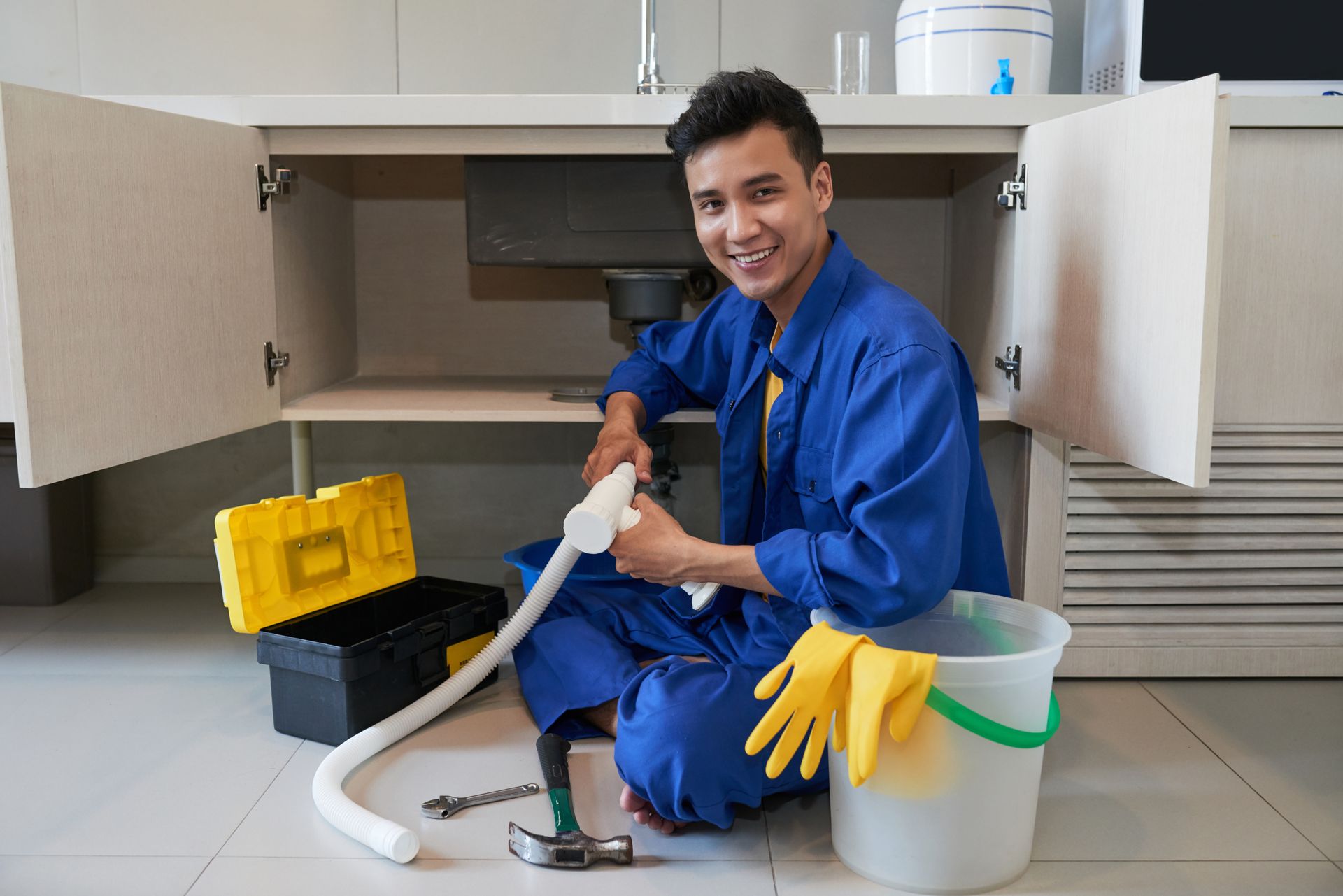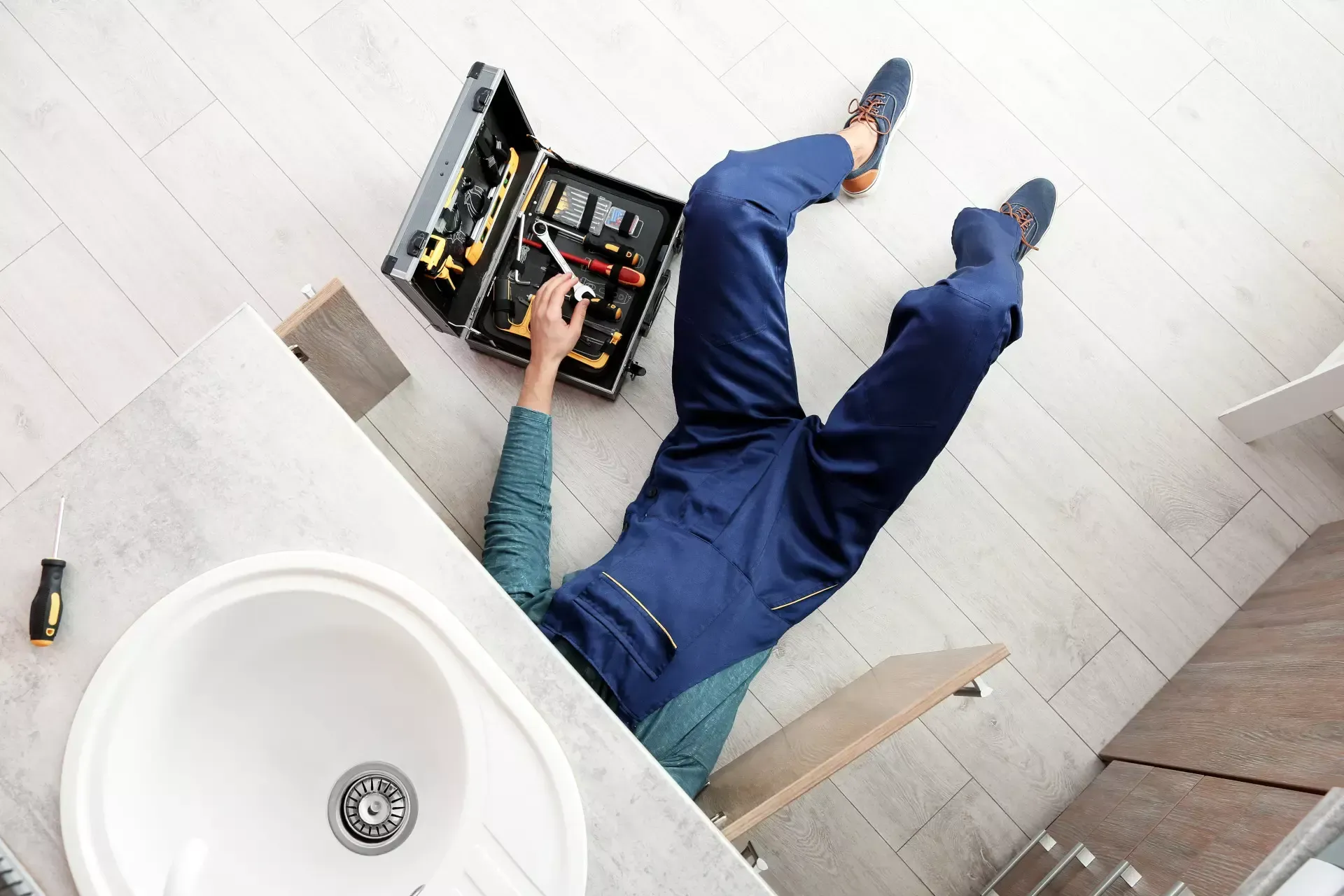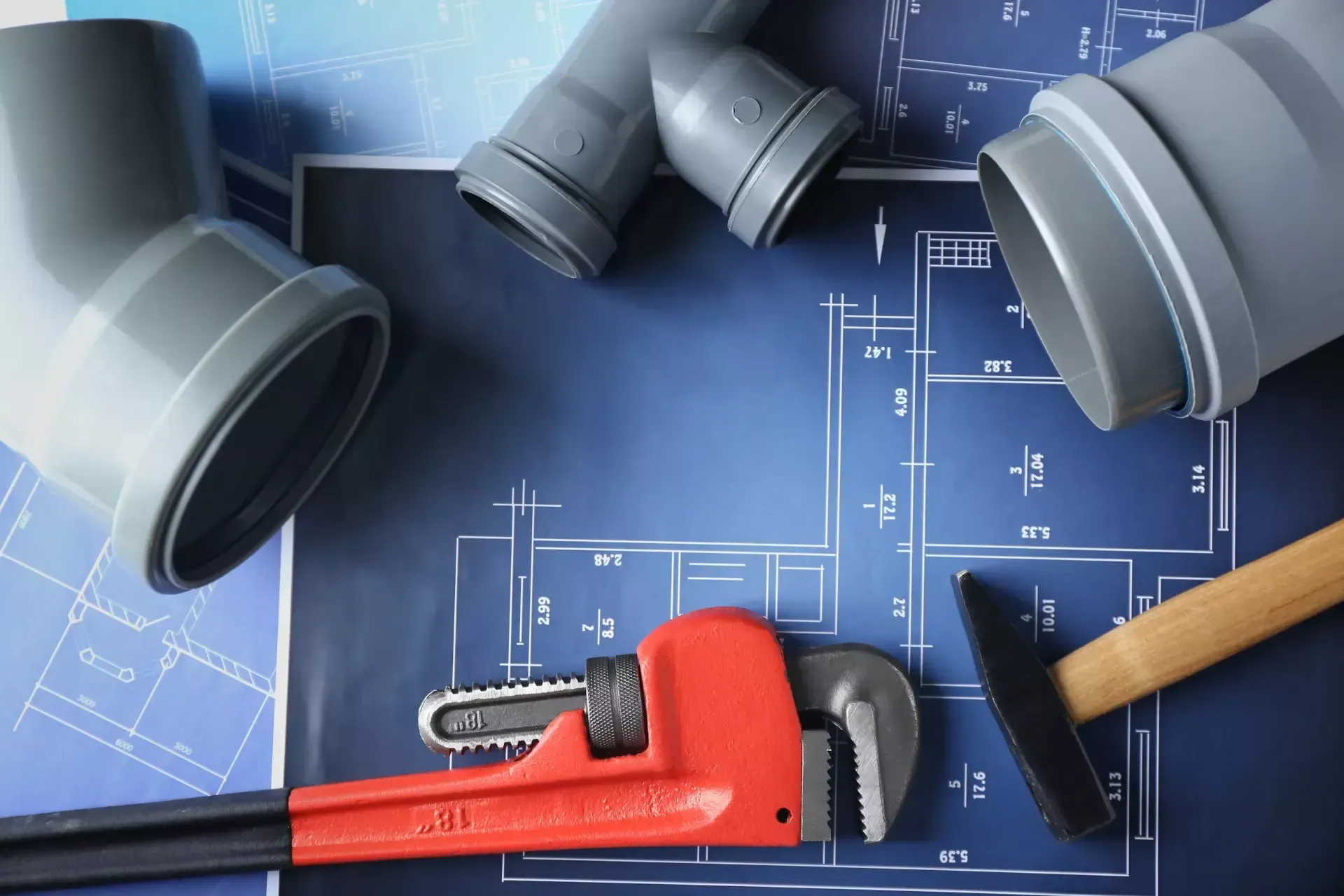The Hidden Dangers: How Excessive Water Pressure Can Wreak Havoc on Your Home's Plumbing - Insights from Cleveland Plumbers
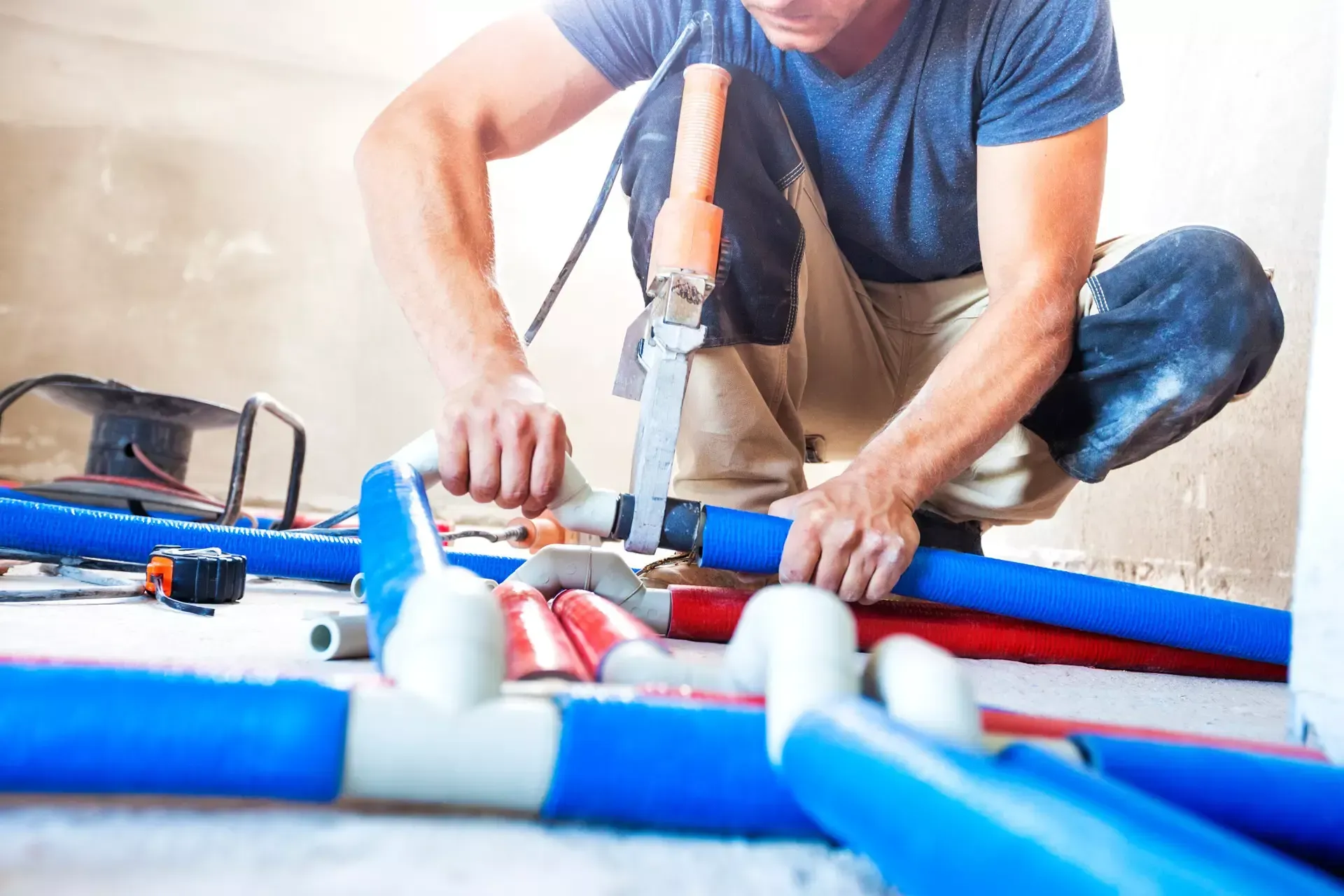
Water pressure is a crucial aspect of a properly functioning plumbing system. While having sufficient pressure is essential for efficient water flow, excessive water pressure can spell disaster for your home's plumbing infrastructure. Cleveland plumbers warn that ignoring the signs of high water pressure can lead to costly repairs and extensive damage. In this article, we'll delve into the risks associated with elevated water pressure and explore the potential damage it can inflict on your home's plumbing.
Burst Pipes:
- One of the most immediate threats posed by high water pressure is the increased likelihood of burst pipes. Excessive pressure places undue stress on pipes, leading to weakened joints and connections. Cleveland plumbers often encounter cases where pipes give in to the strain, resulting in leaks, flooding, and extensive water damage throughout the home.
Appliance and Fixture Damage:
- Household appliances and fixtures, such as washing machines, dishwashers, and faucets, are designed to operate within specific pressure limits. When water pressure exceeds these limits, these appliances become susceptible to damage. Cleveland plumbers frequently encounter cases where high pressure causes leaks, malfunctions, and premature wear and tear on these essential household items.
Reduced Lifespan of Water Heater:
- Your water heater is a vital component of your plumbing system, and it can suffer significantly from prolonged exposure to high water pressure. Increased pressure places additional strain on the water heater, leading to a shortened lifespan and reduced efficiency. Cleveland plumbers emphasize the importance of maintaining optimal water pressure to preserve the longevity and performance of your water heating system.
Stress on Valves and Pressure Regulators:
- Every plumbing system is equipped with valves and pressure regulators to control and maintain water pressure within safe limits. However, continuous exposure to high pressure can cause these components to fail. Cleveland plumbers often encounter situations where faulty valves and regulators lead to uncontrolled pressure spikes, exacerbating the risk of damage to pipes and fixtures.
Hidden Leaks and Water Waste:
- High water pressure can force water through tiny cracks and imperfections in your plumbing system, leading to hidden leaks. These leaks may go unnoticed for an extended period, causing water wastage and potentially contributing to mold growth. Cleveland plumbers stress the importance of regular inspections to detect and address these hidden leaks before they escalate into major issues.
Frequently Asked Questions:
- Do plumbers deal with water pressure?
Clogs in your water supply pipes that lead to low water pressure are an issue for your plumber. Your plumber needs to assess the pipes to determine if cleaning is possible to remove buildup within the line or if the pipes need to be replaced. - What is the pressure for plumbing?
Normal psi for a home pipe system is between 30 and 80 psi. While you don't want the psi to be too low, it violates code to be above 80. Instead, you should aim for a psi that's between 60 and 70. - Can a plumber measure water pressure?
By using a water pressure gauge, it's never been more accessible to test your water supply. Our plumbers usually perform a pressure test before installing any plumbing appliances.
Conclusion:
While water pressure is a fundamental aspect of a functional plumbing system, it's crucial to strike a balance to prevent potential damage to your home. Cleveland plumbers recommend routine pressure checks and prompt repairs to safeguard your plumbing infrastructure. By understanding the risks associated with high water pressure, homeowners can take proactive measures to maintain a healthy and efficient plumbing system.
Ready to work with Plunger Plumber?
Let's connect! We’re here to help.
Send us a message and we’ll be in touch.
Or give us a call today at (216) 616-1468

